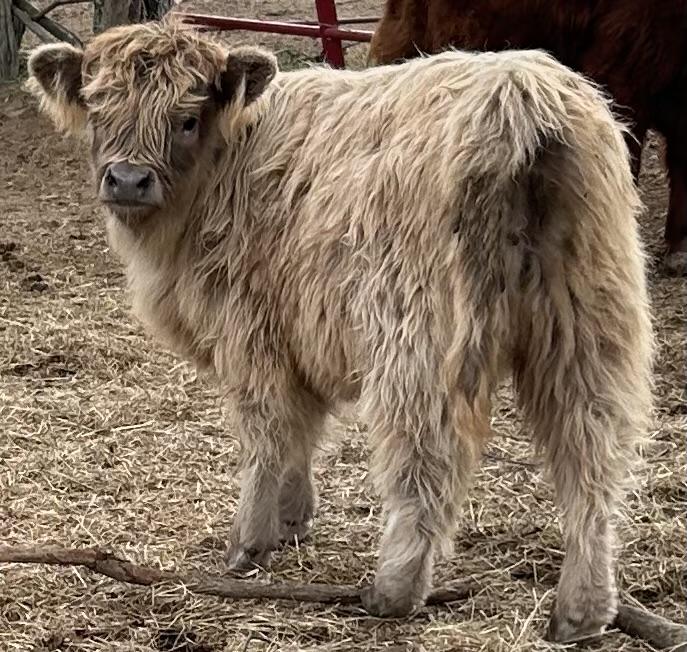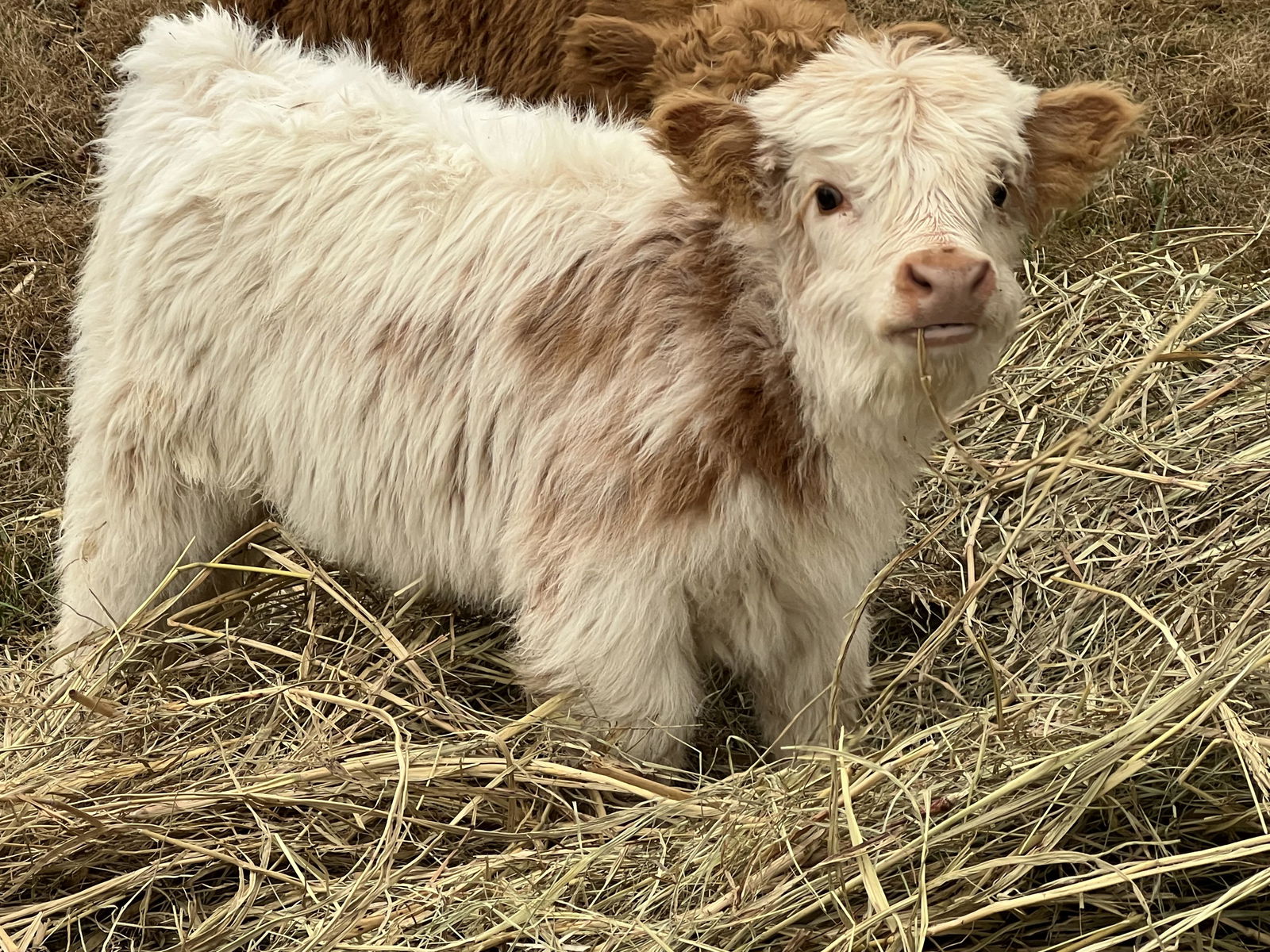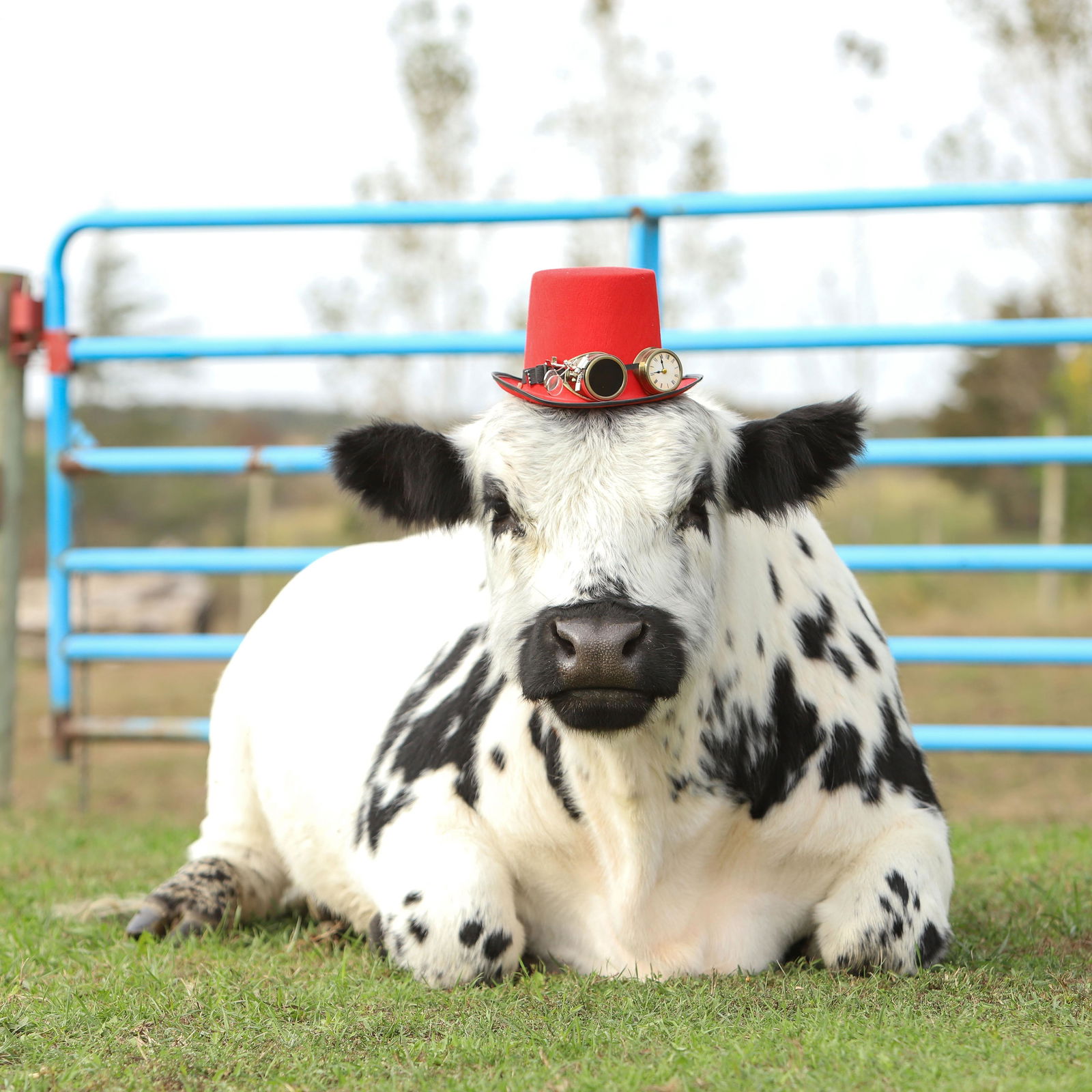Mini Donkey vs Standard Donkey: What’s the Difference?
Author: Elliott Garber, DVM
Ever dreamed of having a pet that’s basically a living teddy bear with hooves? Meet the mini donkey – your new favorite four-legged friend that’s stealing hearts across backyard farms everywhere. These adorable miniatures pack all the charm of their larger cousins into a compact package that fits right in your garden.
Think donkeys are just stubborn farm animals? Mini donkeys will change your mind. At just 36 inches tall at the shoulder, these affectionate creatures make incredible companions. They’re essentially dogs in donkey suits – complete with wagging tails and excited brays when they spot their favorite humans.
What Is a Mini Donkey
Mini donkeys (officially called Miniature Mediterranean Donkeys) trace their roots back to the Mediterranean islands of Sicily and Sardinia. These little charmers typically stand between 32-36 inches tall at their shoulders and weigh 200-350 pounds when fully grown.
Their coats come in several beautiful colors – from the classic gray-dun to rich browns, striking blacks, eye-catching spots, and unique roan patterns. Each donkey sports its own special markings: light-colored muzzles, white belly patches, dark stripes down their backs, and often a distinctive cross pattern across their shoulders.
When it comes to size, mini donkeys are quite different from their standard cousins. Standard donkeys typically reach 48-54 inches in height and can weigh up to 800 pounds, while our miniature friends stay comfortably under 36 inches and rarely exceed 350 pounds. They eat less too – just 2-4 pounds of hay daily compared to the 5-7 pounds their larger relatives need.
Despite their small size, mini donkeys are incredibly hardy. They maintain healthy body temperatures between 97.5-100.5°F and generally only need basic vet care – mainly routine vaccinations and hoof trims.
Physical Characteristics and Size
Mini donkeys naturally come in this smaller package – it’s not from selective breeding like many miniature animals. Their size makes them perfect for small farms and family properties.
Most mini donkeys stand around 33-34 inches tall at their shoulders, though they can range from 32-36 inches. Weight-wise, they typically fall between 200-400 pounds – significantly lighter than standard donkeys but still solid enough to be sturdy companions.
Their build is perfectly proportioned, with strong legs that match their body size, well-balanced features, and compact, muscular frames. Everything about them is naturally scaled down, from their heads to their hooves, creating an adorable but fully functional miniature version of their larger cousins.
Personality Traits and Temperament
Mini donkeys aren’t just adorable – they’re surprisingly smart and social creatures that form deep bonds with their human families. Their unique blend of intelligence and affection makes them stand out among farm animals.
Natural Intelligence
These clever animals never cease to amaze their owners with their sharp minds. They pick up voice commands quickly through positive reinforcement, often mastering new tricks in just a few training sessions. Their memory is impressive too – they’ll learn your daily routine and never let you forget feeding time.
Mini donkeys also have an uncanny ability to solve problems. They’ll figure out the fastest route back to their favorite spots and can even recognize their human friends by sight, sound, and smell.
Social Behavior
When it comes to friendship, mini donkeys take it seriously. They form tight bonds with their herd mates, often spending hours grooming each other – their way of showing affection. They’re quite vocal about their feelings too, using different brays, nickers, and snorts to communicate.
These social butterflies love showing affection to their humans through gentle nudges and seeking scratches. They’re naturally protective of their friends, especially during meal times, and aren’t shy about showing their excitement through wagging tails and perked-up ears.
Their emotional intelligence makes them excellent therapy animals. They seem to have a sixth sense for human emotions, often offering extra attention when someone’s feeling down or sharing in moments of joy.
Care Requirements
Keeping a mini donkey healthy and happy isn’t complicated, but it does require consistency and attention to their basic needs.
Feeding and Nutrition
Mini donkeys thrive on a simple diet centered around good quality hay. They need about 1.5% of their body weight in hay daily, split into two meals. For a 200-pound mini, that’s about 3 pounds of hay per day.
Stick to orchard grass hay – it’s perfect for their nutritional needs. Skip the alfalfa hay, as it’s too rich and can lead to weight gain. Always keep fresh water available (they’ll drink 5-10 gallons daily) and provide a salt block for essential minerals.
Housing and Shelter
Your mini donkey needs a cozy place to call home. A simple three-sided shelter works perfectly – aim for about 8×8 feet of space per donkey. The shelter should keep them dry and protected from harsh weather while giving them room to move around comfortably.
The basics of a good mini donkey home include:
- Sturdy fencing at least 4.5 feet high
- Level ground with good drainage
- Dry bedding (straw or wood shavings work great)
- Separate areas for eating and resting
Daily care is straightforward but essential. Keep their living space clean, check their hooves regularly, ensure their water is fresh, and do a quick fence check. Watch for any changes in behavior or appetite that might signal health issues.
Health and Lifespan
Mini donkeys are remarkable for their longevity, typically living 30-35 years with proper care. This impressive lifespan makes them one of the longest-lived domesticated animals, offering decades of companionship and gentle presence.
Life Expectancy
Most mini donkeys live between 27 and 33 years, though many reach 35 with good care. Some exceptional cases have lived beyond 40 years, showcasing their incredible durability. This extended lifespan means they often become multi-generational family members.
Key Health Factors
Their robust health comes from several natural advantages. Mini donkeys possess strong immune systems and hardy constitutions, making them naturally resistant to many common equine diseases. They typically need less medical intervention than other domesticated animals, though regular check-ups remain important.
Social Requirements
Mini donkeys thrive on companionship. They need at least one fellow donkey companion and regular human interaction to stay happy and healthy. Daily social activities and consistent bonds help maintain their emotional well-being and contribute to their overall health.
Breeding Considerations
Female mini donkeys (jennets) have distinct reproductive milestones. They reach fertility around one year of age, though breeding shouldn’t begin until they’re 2.5-3 years old. These hardy animals can maintain breeding capacity well into their early 20s, though careful monitoring is essential.
Their impressive lifespan stems from a combination of proper care and natural resilience. This durability makes them an enduring addition to farms and homesteads.
Popular Uses as Pets and Companions
Mini donkeys have earned their reputation as exceptional companion animals, serving both as family pets and valuable additions to farms and stables. Their natural ability to calm other animals and bond with humans makes them uniquely suited for various roles.
As family pets, mini donkeys shine through their gentle nature and modest care requirements. They form strong bonds with children, seniors, and people with disabilities. Their maintenance needs are considerably lower than full-sized equines, requiring less space and fewer resources.
These animals particularly excel as companion animals in agricultural settings. They have a natural talent for:
- Calming nervous horses
- Providing company for weaned foals
- Reducing stress in other livestock
- Creating a peaceful barn environment
Their practical benefits as companions include high emotional awareness, modest space requirements (just 1/4 acre per pair), and manageable daily care needs of 30-45 minutes. Their naturally gregarious nature helps reduce anxiety in other animals, making them valuable additions to any farm setting.
Mini donkeys combine emotional intelligence with a gentle demeanor, making them invaluable both as pets and working companions. Their calming presence and social nature create positive environments wherever they go.
Mini vs Standard Donkeys: What’s the Difference?
The differences between mini and standard donkeys go beyond just size. While both types share core donkey traits, mini donkeys have distinct characteristics that make them unique companions.
Size and Physical Differences
Mini donkeys reach a maximum height of 36 inches at the shoulder, while standard donkeys typically stand 48-54 inches tall. This size difference extends to their weight – standard donkeys tip the scales at 400-800 pounds, more than double the mini donkeys’ modest 200-350 pounds.
Beyond pure measurements, mini donkeys have more compact bodies with proportionally shorter legs and necks. Both breeds display similar marking patterns, though mini donkeys often feature more delicate facial features that contribute to their appealing appearance.
Temperament Variations
Mini donkeys naturally gravitate toward human interaction and typically show more docile behavior patterns. Their standard-sized cousins tend to be more independent and territorial, making them better suited for guardian roles.
Both breeds demonstrate impressive intelligence, but mini donkeys often adapt more quickly to training programs, thanks to their size and temperament. This combination of traits makes mini donkeys particularly well-suited as pets, while standard donkeys excel in work-oriented roles.
Care Requirements
The size difference between these breeds directly affects their daily care needs. Mini donkeys require about half the feed of standard donkeys, typically consuming 2-4 pounds of hay daily compared to 5-7 pounds for standard donkeys.
Space requirements follow a similar pattern. Standard donkeys need at least half an acre per animal, while mini donkeys thrive in quarter-acre spaces. Both breeds benefit from similar grooming routines, though mini donkeys’ smaller size makes handling easier during care sessions.
Veterinary care remains comparable between the breeds, with the main difference being medication dosages. Mini donkeys naturally require smaller amounts of any treatments or supplements.
The choice between mini and standard donkeys depends largely on intended purpose and available resources. Mini donkeys particularly suit those seeking companion animals, offering their signature blend of manageability and affection.
Conclusion
Mini donkeys stand out as exceptional companion animals, combining the best traits of traditional pets with their own unique charm. Their manageable size, straightforward care requirements, and impressive lifespan make them an excellent choice for companion animal enthusiasts.
These compact equines excel in both family settings and therapy environments. Their need for companionship, proper care, and daily attention creates a rewarding relationship that can span three decades or more. Bringing a mini donkey into your life means gaining a companion for the long haul – one that offers loyalty, entertainment, and genuine connection.

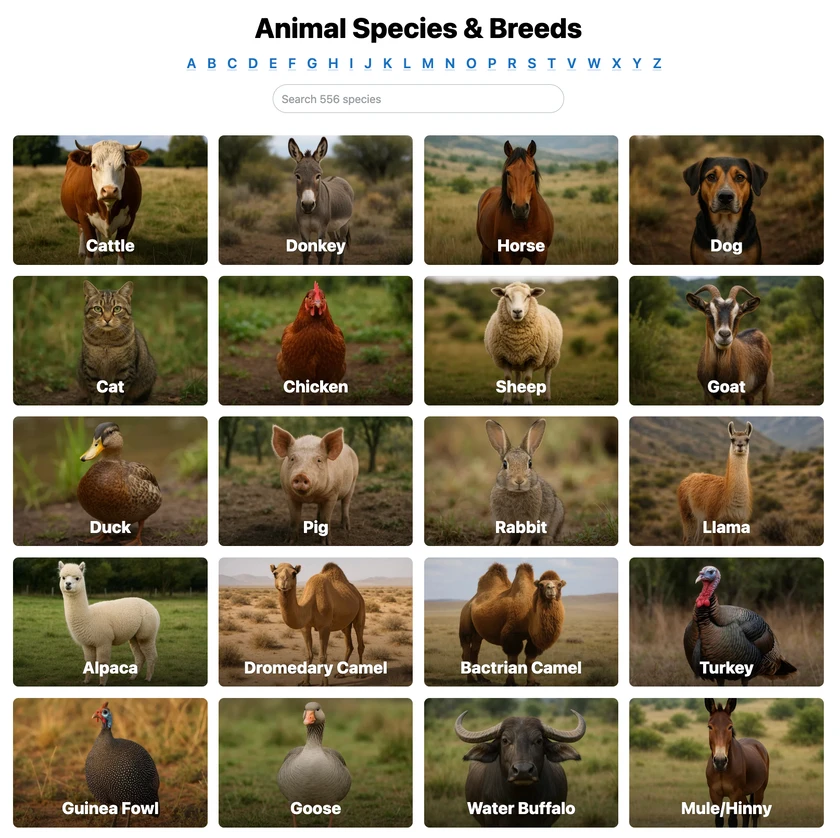 All Species & Breeds
All Species & Breeds
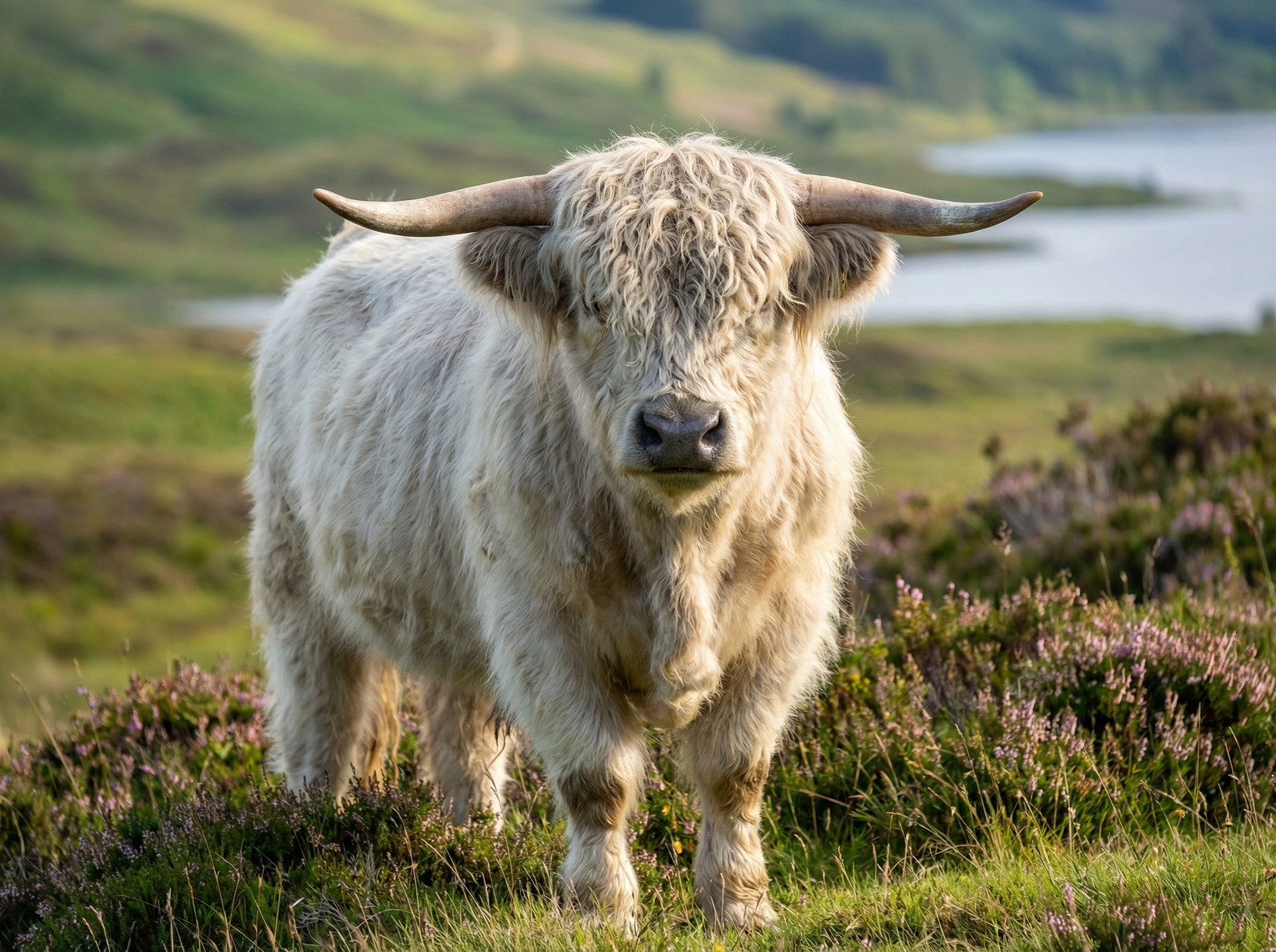 Highland Cattle
Highland Cattle
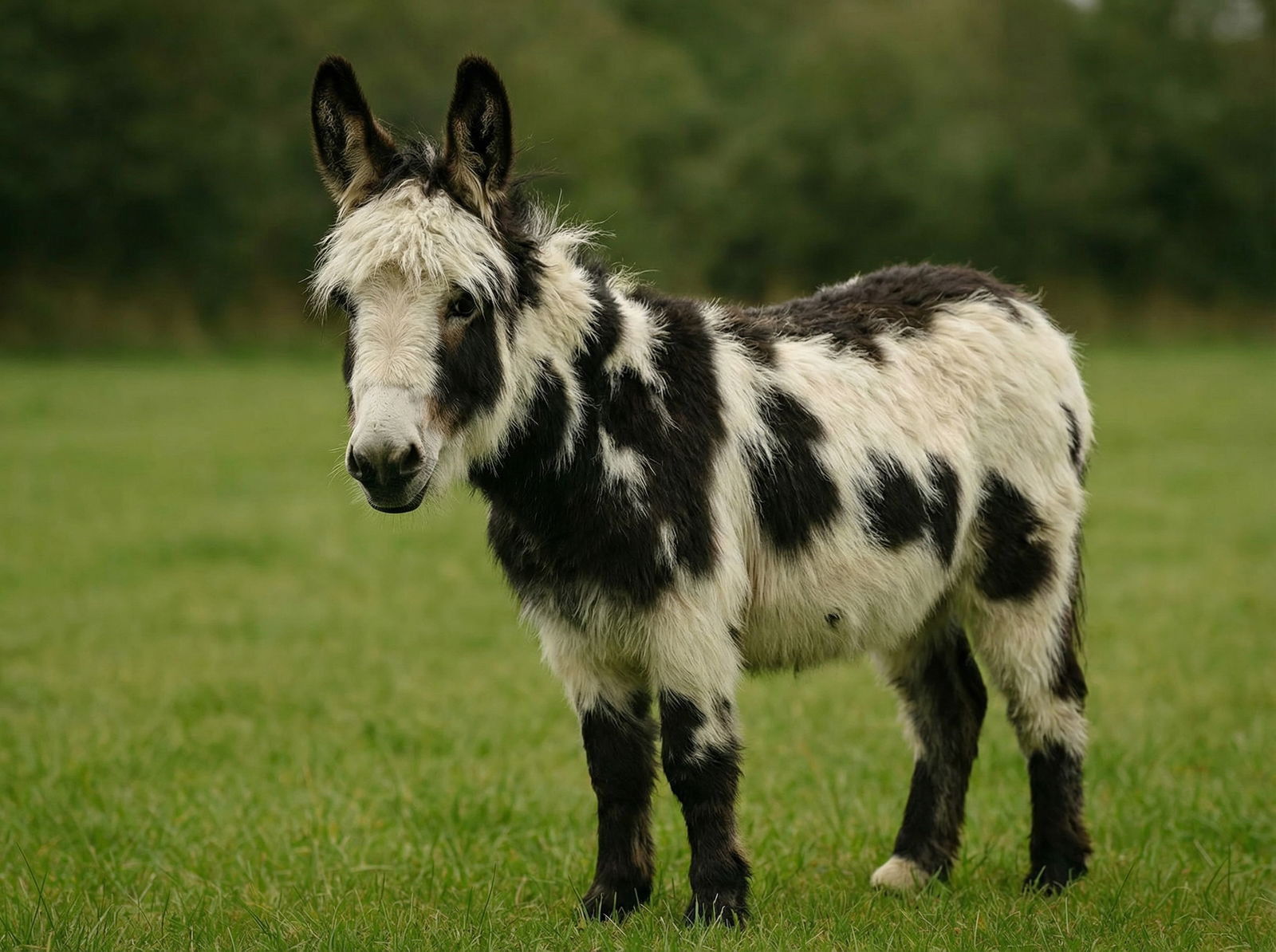 Miniature Donkeys
Miniature Donkeys
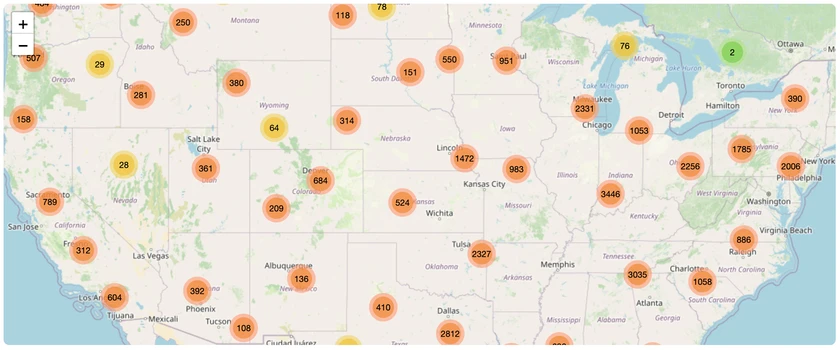 All Species Directory
All Species Directory
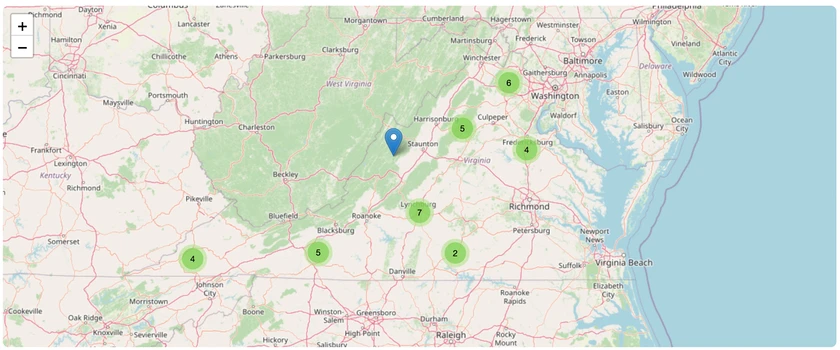 Highland Cattle in Virginia
Highland Cattle in Virginia
 Miniature Donkeys in Texas
Miniature Donkeys in Texas









